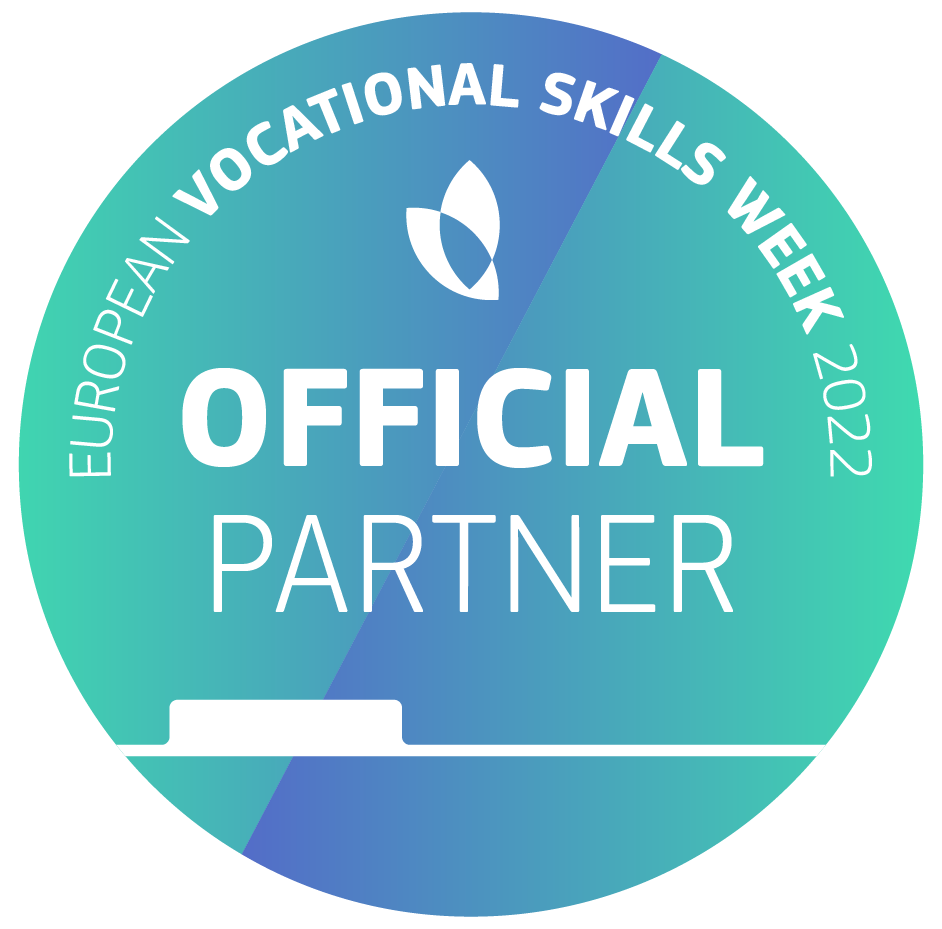The chambers community will contribute to the French Presidency's discussion on mobility in VET. The Austrian Chamber of Commerce produced a report that examines VET mobilities in Austria and draws conclusions that can be applied in a European context.
We will look at VET mobility projects from France and Germany and discuss their experiences (also during COVID), drawing conclusions on how to improve VET mobility and make it more useful for SMEs.
Taking advantage of the European Year of Youth, we will make some observations about the opportunities for young people provided by mobility in VET and present policy recommendations on how mobilities can facilitate the supply of the right skills and improve youth employability.
Estimated total reach or number of participants: 100
- vocational training | vocational education
- Wednesday 18 May 2022, 10:00 - 12:00 (CEST)
- Country
- Belgium
- Type of event/activity
- Conference / online conference
- Main audience
- Enterprises / employers
- Type of organisation
- Chamber (of commerce) or professional organisation
Practical information
- When
- Wednesday 18 May 2022, 10:00 - 12:00 (CEST)
- Languages
- English
- Organisers
- Eurochambres, Austrian Federal Economic Chamber (WKO), CCI France - Chambre de commerce et d'industrie
- Website
- Eurochambres Website
Description

Chambers of commerce are Europe's leading VET provider. Many of our members are also directly organizing VET mobilities and see an advantage in young people's experience that they can use later in the labour market. Using mobility as an example, we want to talk about the increased opportunities for youth that have resulted from VET developments, particularly the increased funds and interest in VET students' exchanges.
We will look at an Austrian Federal Economic Chamber's report titled "Mobility abroad in apprenticeship training - framework conditions, funding instruments and perspectives of actors". The report investigates Austrian apprentices' access to international internships, also discussing conditions that result in mobility rates among VET students being significantly lower than those among general education students.
We will investigate successful examples of mobility in apprenticeships from CCI France (Movil'App project), which has supported many successful VET mobilities and also experienced hybrid mobilities during the COVID pandemic. Another example is the German chamber's Training Without Borders project, which established an inter-chamber network of mobility coaches to advise people on how to make the most of their mobility opportunities. Following these presentations, there will be a discussion of lessons learned and recommendations for European policies.
We also intend to invite senior European policymakers from the European Parliament and the European Commission to reflect on the topic of VET mobility and to present potential European developments.
Thanks to the Year of the Youth, we will make some observations about VET mobility and present policy recommendations for future improvements in VET mobility.
The session will conclude with the publication of the report's findings and policy recommendations based on the discussion.
